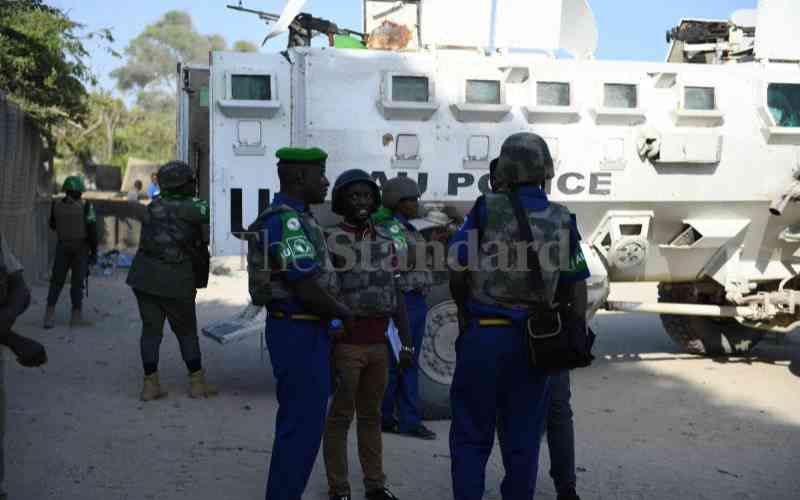×
The Standard e-Paper
Fearless, Trusted News

In Charles Dickens' classic novel, A Tale of Two Cities, the dualities depicted in his pairing of contrasting concepts may serve as a perfect metaphor for Somalia's struggle to be a peaceful and prosperous country.
A country that, contrary to as it's officially termed now under Chapter 7 of the United Nations Charter, is not a threat to itself nor the rest of the world.